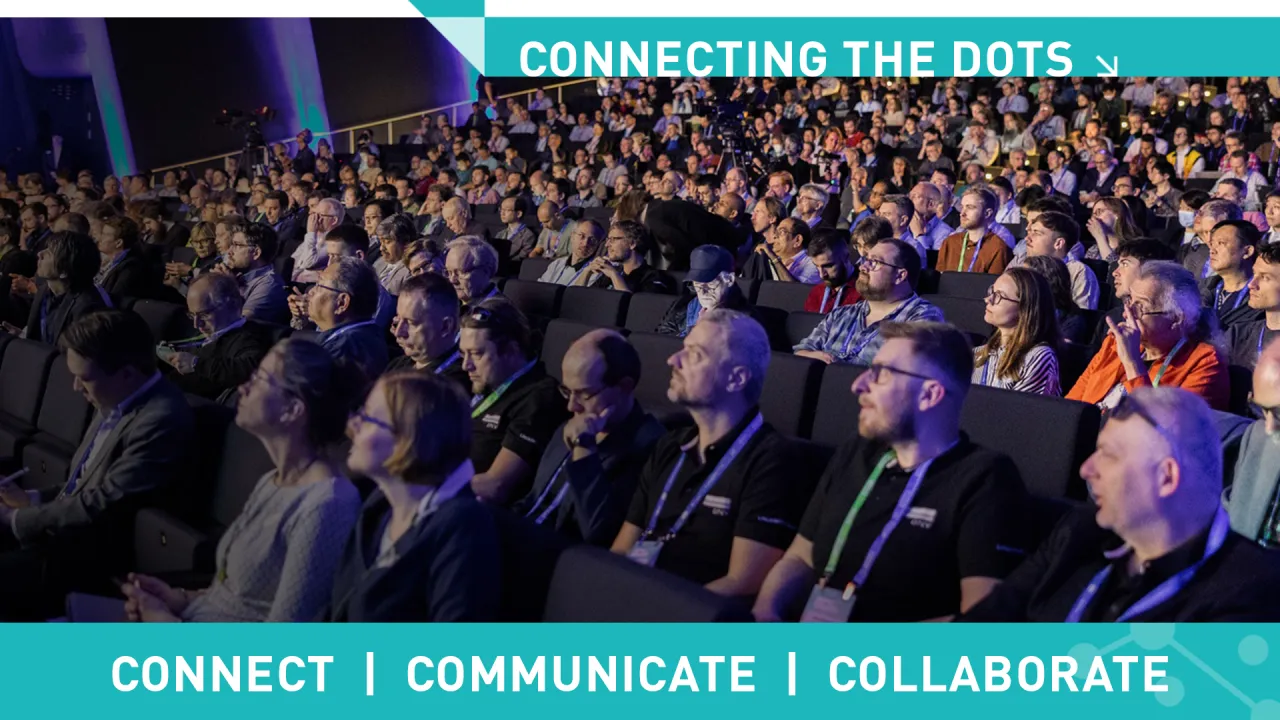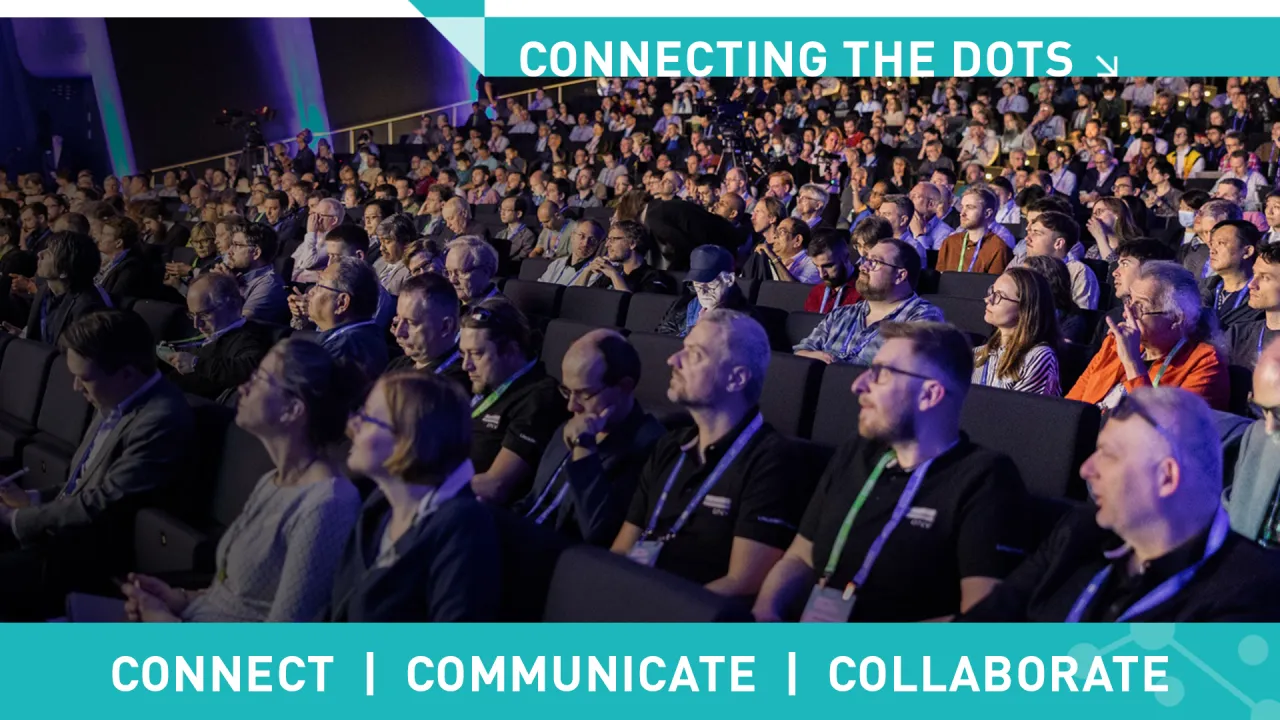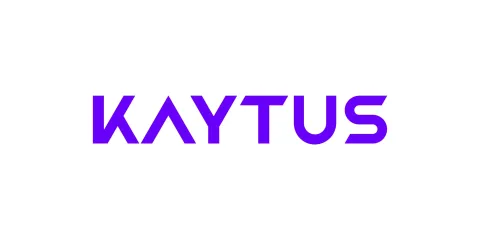

Bridging Traditional HPC Optimization and Emerging AI-Driven Techniques
Wednesday, June 11, 2025 4:00 PM to 4:20 PM · 20 min. (Europe/Berlin)
Hall H, Booth L01 - Ground floor
HPC Solutions Forum
AI Applications powered by HPC TechnologiesChemistry and Materials ScienceLarge Language Models and Generative AI in HPC
Information
This presentation investigates strategies to accelerate and optimize high-performance computing (HPC) applications in response to growing demands across domains such as materials science, weather forecasting, and particle physics. It analyzes the challenges imposed by energy constraints, algorithm scalability, and load imbalance, and introduces the Multi-layered Data Access (MLDA) strategy to balance data access latency between CPUs and GPUs. Using VASP as a case study, we explore optimizations in I/O, communication, and computational hotspots, achieving up to 4× speedup. The porting of VASP to Intel PVC GPUs is also presented. Furthermore, the integration of AI models with HPC applications is examined, including physical-informed neural networks (PINNs) and AI-accelerated CFD simulations. Finally, we introduce TcadGPT, a domain-specific large language model tailored for semiconductor simulation, which outperforms general-purpose LLMs on structured QA tasks. Together, these strategies address both computational and algorithmic challenges in advancing HPC efficiency.
HPC Solutions Forum Questions
What should the HPC-AI industry be doing with regard to power optimization and sustainability?For organizations pursuing both traditional HPC and new AI workloads, to what extent should they have shared infrastructure / budget / personnel versus separate?
Format
On Site



